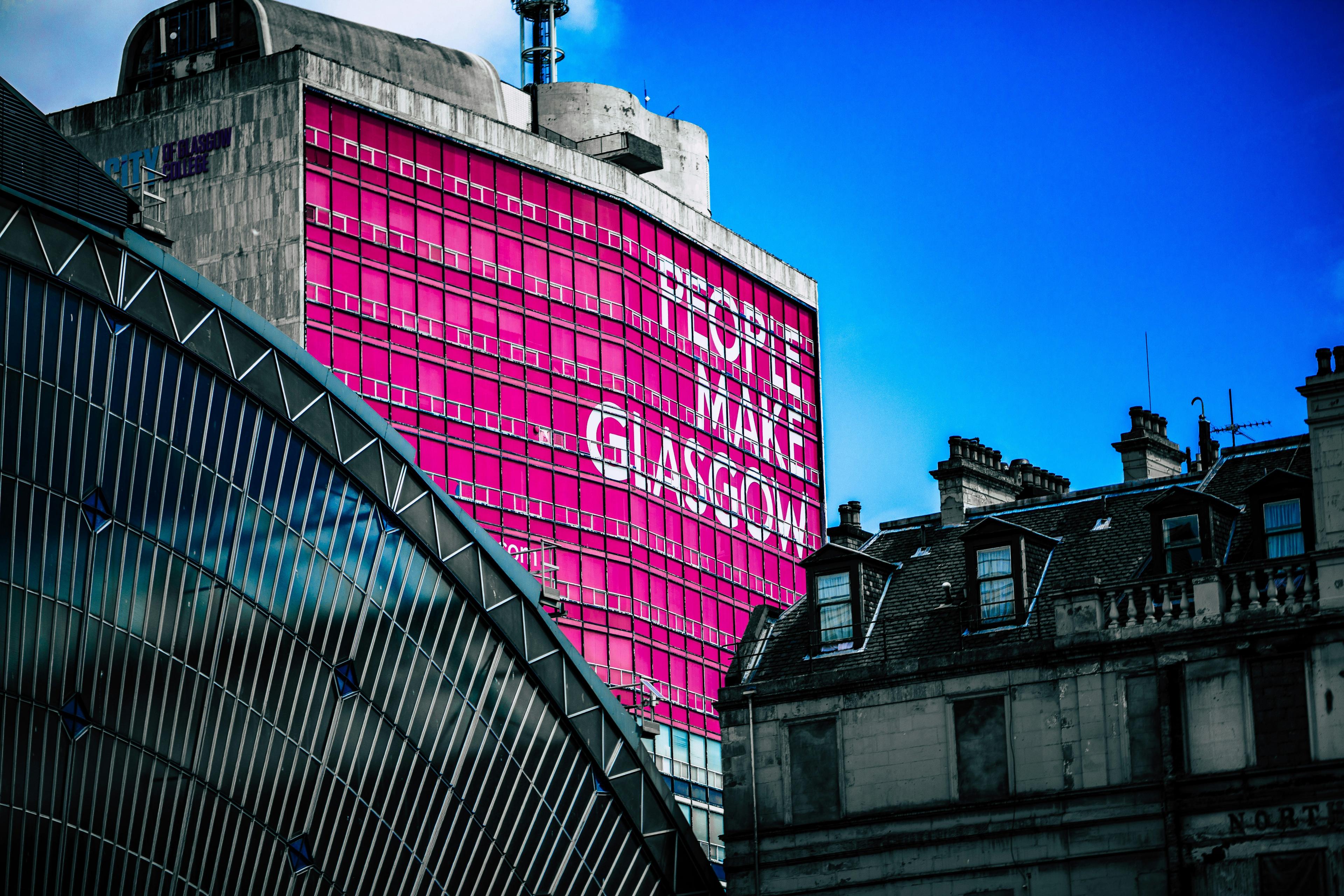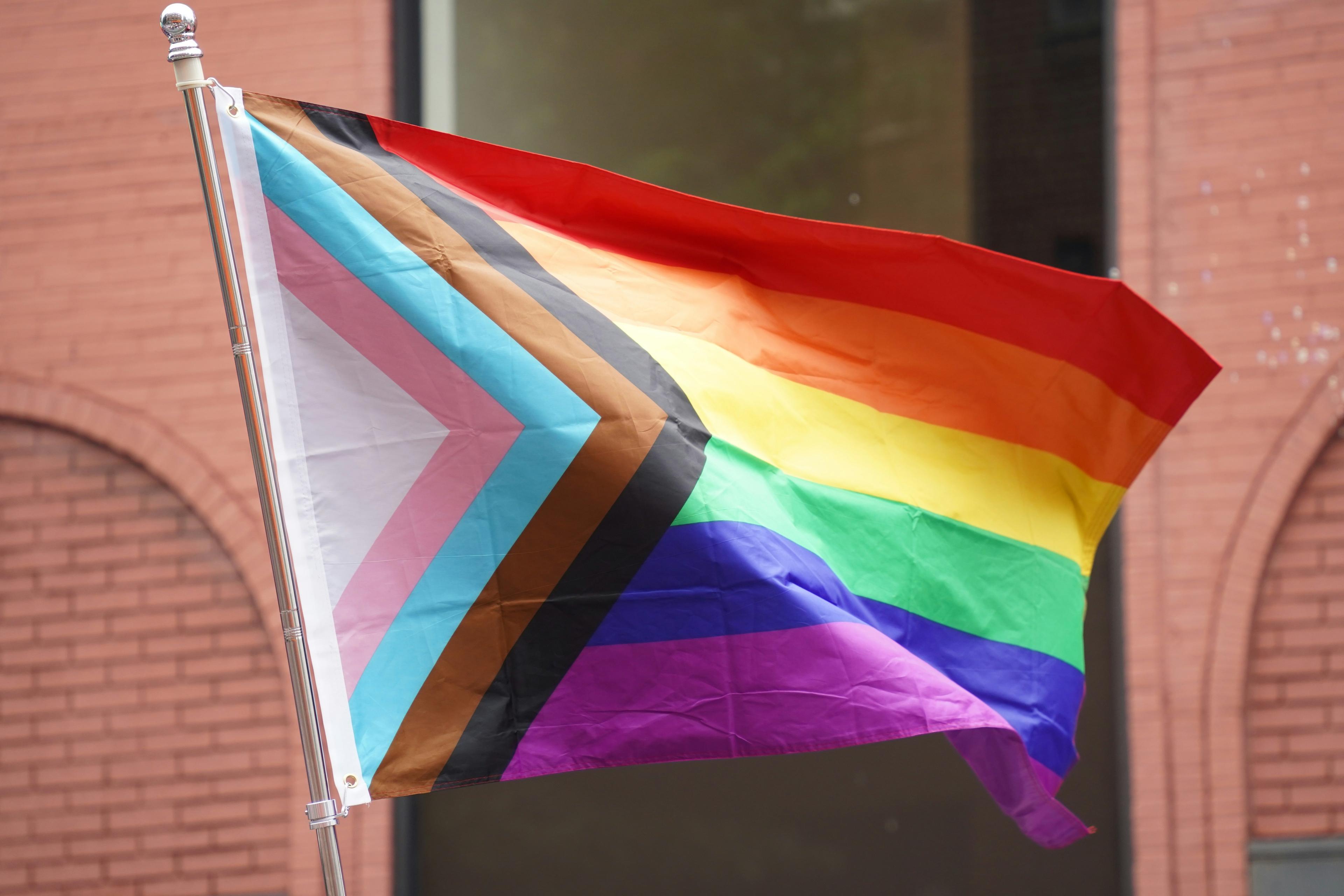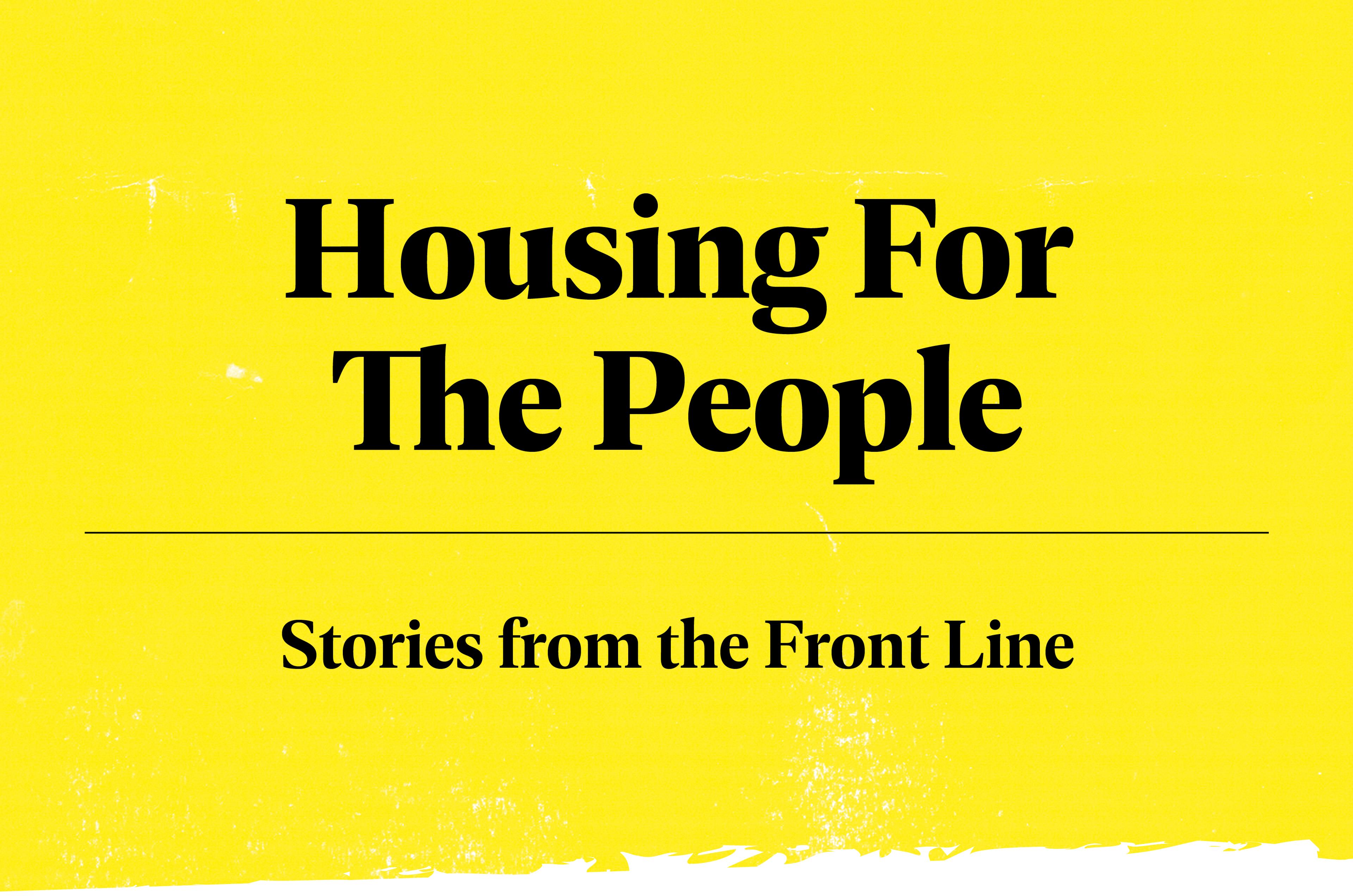Everyday racism in Glasgow

Photo by Artur Kraft
By a fleeing woman
- Lived experience
The following article is part of INSP’s Changing the Narrative series. It has been written as the result of the new journalism training academy, established in 2025 by INSP to provide people with direct experience of homelessness and poverty the opportunity to learn about journalism and the media, and to enhance their storytelling and written abilities. The training academy has two ambitions: to challenge media and public misconceptions about homelessness; and to tackle the lack of representation and diversity in newsrooms. The training academy will run again in September 2025 in INSP’s hometown of Glasgow, Scotland.
Imagine wearing your best outfit ready to go to a friend’s party, and from nowhere, a man shows up. This man, a complete stranger, spits on your feet and says, “What can you do about it?”
This nasty incident happened to me when I was waiting for a classmate to pick me up to go to a party. The first thing that came to my mind was what my dad told me when I was getting ready to come to the UK. He said, “My daughter, remember where you are going there is no father, no mother, no brothers, no uncles, no aunties, no sisters; a different tradition and cultures, even different food, so take things as they come to you.”
I felt helpless, angry, sad, and asked myself, is it because of the colour of my skin, my religion or my gender? I wondered if the spitting incident was because of racism or hatred, but I still can’t find the answer.
That man’s behaviour made it difficult to enjoy the party, and afterwards, I was scared to move around in case I met that type of person again. I wanted to ask one of my neighbours if this is something people of colour (as they call us) often go through in that in our area, but my instinct said not to ask, as I was scared of the response that might follow.
Unfortunately, being spat on was not the only time I’ve experienced racism in Glasgow.
Once, I was in a queue at the post office and two women entered. Instead of joining the queue, they stepped straight in front of me. I looked at them with a confused expression, which they didn’t care about. The man at the counter asked them to kindly join the queue from the back, stating that I was there before them. One of the women responded that this is their country, they should be given priority over foreigners, and that being the case, they would not go to the back. To my great surprise, the people behind me didn’t say anything, which made me feel so alone and hopeless.
Another time, I was at a bus stop with my flatmate, going to college with her for an interview. We were just sitting at the stop chatting away when two youngsters approached us saying, “Fucking asylum seekers! Go back to your own fucking country!” This made us scared, but we didn’t retaliate. We didn’t want to show any reaction, and when the bus arrived, we let the young people get on, and waited for the next bus, which made my friend late for her interview. Thankfully, the college understood when we explained and got us a taxi back home.
Sadly, the behaviour of these boys scared my flatmate, but she was even more worried about me. I was always on my own and when I was travelling around the city and to school, living in fear that would affect my concentration in class and daily activities.
Another time, on my way to the bus stop returning home from visiting someone, I heard a man behind me saying, “Go home, go home!” continuously. I just continued walking to the bus stop, but the man kept shouting, pointing at me. I worried that he might physically attack me, so in fear, I started walking back to where I had come from.
A lot was running through my mind; my colour is always going to be a risk factor for attack – I am always going to have to look over my shoulders just because I am Black. The terror was overwhelming.
The next occasion was when a bus driver asked me how and where I got my concession bus pass. This time, I just laughed and responded to him saying, “I got it the way your mum got it!” and sat down.
During the journey, I asked myself why this keeps happening to us. I say us, because I know that it’s not only me who experiences it. It saddens me that the place I call home seems to be scared of me for no other reason than the colour of my skin and my hijab. Going through these horrible incidents is traumatising, and that has led to me needing antidepressants.
Recently, I was very excited to have the opportunity to go into further education despite my situation, but to my surprise, I again experienced discrimination, this time from classmates. When we were asked to sit in groups, some people didn’t want to sit with me or my migrant peers, until the lecturer realised and required the class to sit in mixed groups.
Despite all these happenings in my life, I am strong and moving on with good people supporting me. My message to migrants is to focus and be patient, hopeful and strong.
Scotland is mostly a welcoming place, but we need more great, kind, helpful people around vulnerable people like myself to feel at home. And why not? This is home to all of us.

